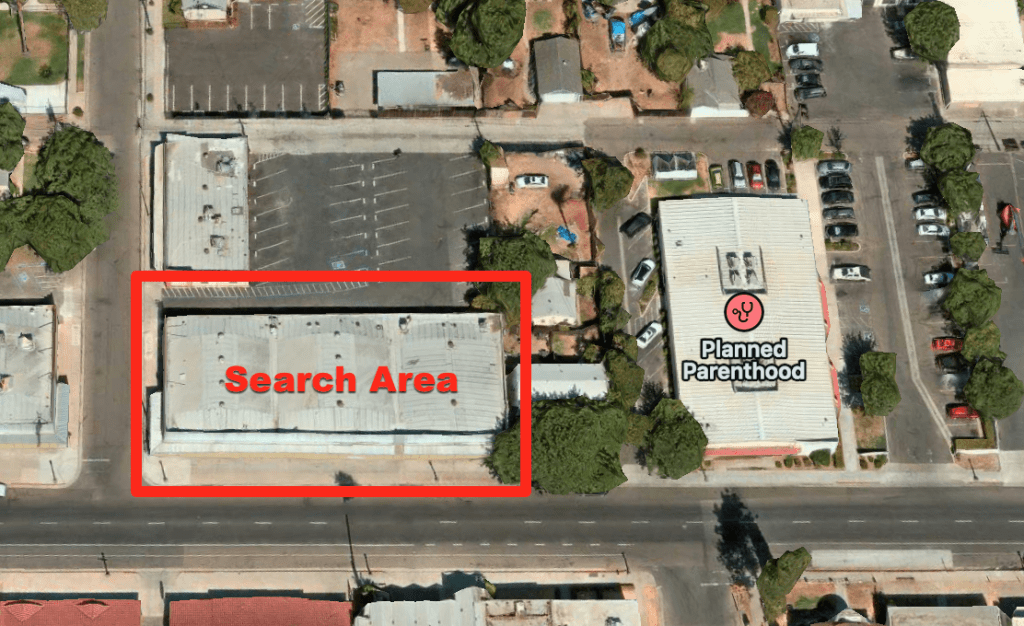
California Assembly Bill 793 (2023-2024 Regular Session) passed its hearing by the California Assembly’s Judiciary Committee on April 18th, 2023. The bill aims to prohibit law enforcement from seeking, enforcing, assisting, or supporting Reverse Keyword and Reverse Location geofence search warrants in California or any other state. It further prohibits California corporations from complying with such demands. The bill grants Courts the authority to suppress information obtained in violation of the new law and allows the Attorney General to take legal action for compliance. The bill also requires government entities to notify individuals whose information was obtained in a geofence or reverse keyword lookup and provides legal recourse options. Additionally, the bill permits individuals and service providers to file petitions to challenge or destroy information obtained from reverse searches and allows individuals to bring civil suits against government entities for damages or other relief. In summary, AB 793 kills geofence warrants.
What are Reverse-Keyword & Reverse-Location demands?
Reverse-Keyword demands are search warrants to a search engine provider, like Google, that ask the provider to identify users that conducted a search for a specific keyword within a specific timeframe. Put simply, show me everyone who Googled (search term). Arguments for AB 793 claim that Law Enforcement will use Reverse-Keyword demands to investigate abortion by looking for people who search for “Planned Parenthood”. A search like that is overly broad and doesn’t account for dozens of reasons to search for the word Planned Parenthood that don’t involve seeking an abortion.
Reverse-Location demands, also known as geofence warrants, are used to determine what Android phones are located within a rigidly defined area for a narrow period. The geofence process is a multi-phase procedure where only at the end of the phases can Law Enforcement request to identify the user of the Android device. The only provider capable of geofence warrants, to our knowledge, is Google. To learn more about how geofence warrants work and the multi-phase process to keep them legal, check out our Google geofence article.
Both searches are conducted because a specific suspect is not known. They are a search warrant of last resort as no other leads are available; if Law Enforcement knew who the suspect was, they wouldn’t have a need for a Reverse search.
Let’s examine a practical application of Reverse searches. A person named Raouf Schlepers (fake name for this example) lives alone and checks in with family once a week. After two weeks of not hearing from Raouf, the family calls Police to check on him. Officer ping Raouf’s phone and discover he has been murdered with his body found at the end of a dirt logging road in the woods. There are no tire tracks, no surveillance video in the remote area, and no other leads.
The name “Raouf Schlepers” is an uncommon name and it is unlikely that an uninvolved party would search Google for him. It is reasonable to believe that a Reverse Keyword search for the term “Raouf Schlepers” would identify only two categories of people; concerned family members and someone involved in his murder. A Reverse Location geofence search for the wooded area around his body would identify an Android phone owner that was near the body. These identified persons are either witnesses or suspects.
Without reverse search techniques, a case like this would likely go cold.
The AB 1242 solution
In September of 2022, California State Governor Gavin Newson passed AB 1242 into law that prohibited California’s electronic service providers from complying with search warrants if the investigation involved abortion. To learn more about that law, check out our analysis of the bill.
AB 793’s language is very clear in its commitment to protect reproductive rights, health care access, gender-affirming care, and digital privacy. The bill identifies that a person’s digital trail is highly revealing while asserting that Reverse Keyword and Reverse Location demands can chill the exercise of the freedom of speech, association, religion, assembly, movement, and the press. If the point of the bill is to protect reproductive rights, California Assembly Bill 1242 does the very thing that amended the Penal Code to prohibit search warrants as they relate to “prohibited violations”; currently the only prohibited violation is abortion. The current prohibition already apples to Reverse Location and Reverse Keyword warrants. Doesn’t it seem reasonable to expand the definition of prohibited violation to include health care access and gender-affirming care? This solution keeps Reverse warrants as a viable tool for law enforcement, with restrictions.
The ACLU and ACLU California Action are some of the biggest opponents of geofence warrants. ACLU California Action’s recent article acknowledges AB 1242 protection of sensitive reproductive data. The states that the protection can be circumvented if the police conceal the fact that they are investigating an abortion – for instance, by requesting a list of people in the vicinity of a grocery store next to a Planned Parenthood clinic rather than the clinic itself.

As a practical matter, the geofence warrant would have to specify the location to be searched by drawing a box around the grocery store and providing the coordinates or the four corners of the box. This would successfully identify only those persons inside the grocery store during the time specified and only if they happened to have an Android phone in their pocket with location services active. At best their assertion lacks a practical understanding of geofence data. At worst it asserts that police would lie in an affidavit.
The General Warrants Argument
Opponents of Reverse warrants often claim that Reverse warrants are “General warrants” and are expansive and invasive searches by the government that fail to identify specific persons, devices, or places to be searched with evidence of probable cause. Since our nation’s founding, general warrants have been deemed a significant threat to personal freedom, privacy, and liberty. The United States Supreme Court has repeatedly held that the Fourth Amendment to the United States Constitution prohibits the use of general warrants. Not every reverse warrant is a general warrant and not every general warrant is a reverse warrant.
The fundamental point of a geofence warrant is that while the specific persons are unknown, the location to be searched is clearly defined for a narrow period of time. Geofence warrants have to narrowly define the location to be searched with the minimal window of time to prevent uninvolved persons from appearing in the results. US v. Chatrie outlines the multiphase process to exclude uninvolved devices by requiring Judicial oversight of the process and reasoning before any identifying information is discovered. A correctly drafted geofence warrant protects the privacy of uninvolved parties while providing valuable leads to solve unsolvable crimes.
The future of geofence warrants
The Warrant Builder team will be keeping a close eye on this legislation. We doubt that we will be requested to testify before the committee to provide real world insight into the value of Reverse warrants. If we did get the call we would encourage our law makers to understand the value that reverse searches, especially geofence warrants, can be to solving crimes.
If the law is passed, we will suspend the Warrant Builder geofence tool and archive user’s geofence warrants. If the law is challenged and overturned, we will ensure that the tool is compliant with new regulations and restriction that the compromise puts into place.
